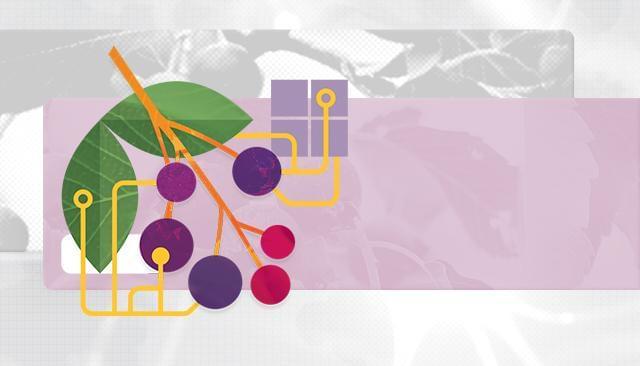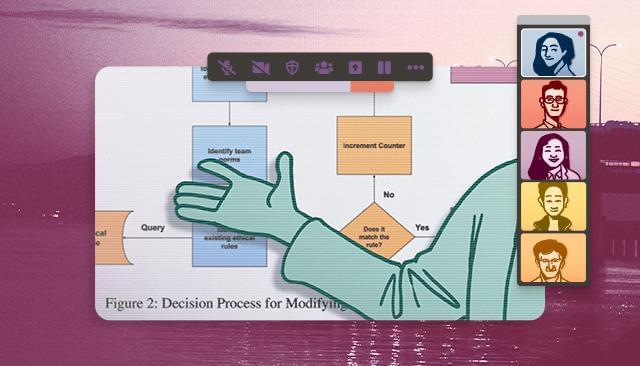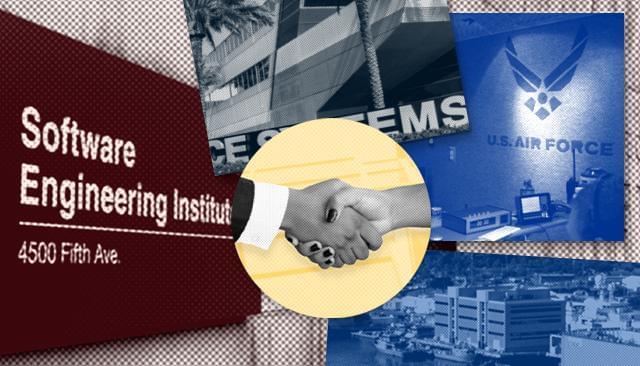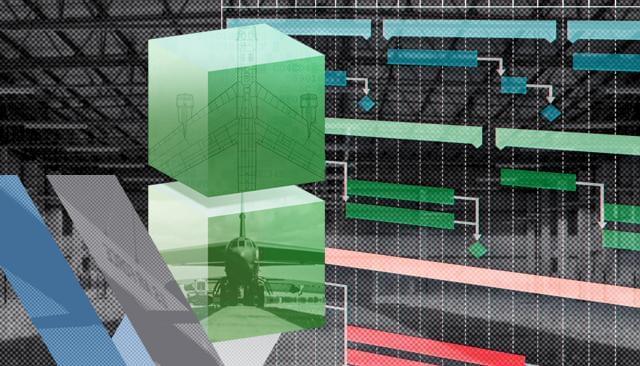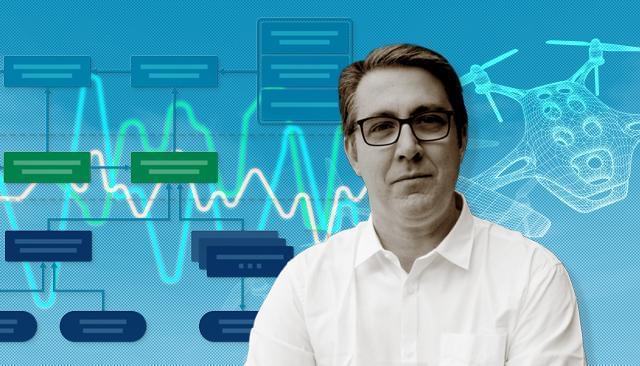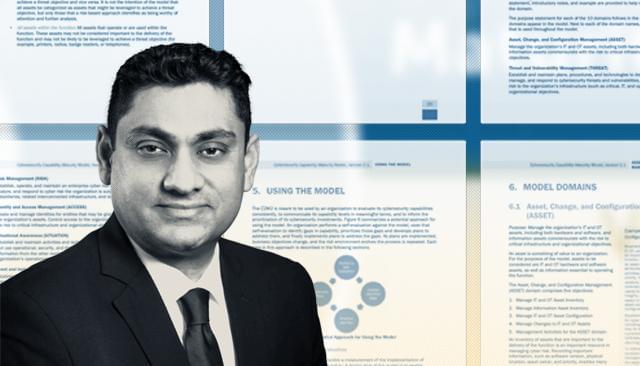Always focused on the future, the Software Engineering Institute (SEI) advances software as a strategic advantage for national security. We lead research and direct transition of software engineering, cybersecurity, and artificial intelligence technologies at the intersection of academia, industry, and government. We serve the nation as a federally funded research and development center (FFRDC) sponsored by the U.S. Department of Defense (DoD) and are based at Carnegie Mellon University (CMU), a global research university annually rated among the best for its programs in computer science and engineering.
The 2022 SEI Year in Review highlights the work of the institute undertaken during the fiscal year spanning October 1, 2021, to September 30, 2022.
The Stories
Implementing the National Agenda for Software Engineering
The SEI is engaging with the software engineering community to realize the National Agenda for Software R&D.
Read MoreJuneberry Version 0.5 Simulates Attacks on Machine Learning Systems
The tool simulates property inference attacks that could disrupt computer vision systems.
Read MoreSEI Co-Authored Papers Awarded by International Conferences
Papers on technical debt, machine learning, and decompilation were recognized for contributions to their fields.
Read MoreImplementing Responsible Artificial Intelligence
A guide on responsible AI is influencing commercial prototyping and acquisition programs in the Department of Defense.
Read MoreModernizing Land-Based U.S. Nuclear Deterrent
The SEI continues its software assurance and cybersecurity work for the Sentinel program.
Read MoreZero Trust Industry Days Starts Critical Conversation
Researchers, vendors, and government bodies gathered to share solutions for implementing a zero trust architecture.
Read MoreThe Drive Toward Stability
SEI chief technology officer Tom Longstaff describes the institute’s technical strategy in the face of change.
Read MoreEnabling Proactive Cyber Threat Detection in the Federal Civilian Executive Branch
The Unexpected Outbound Protocols processor ingests SiLK binary files to help capture and analyze network flow data.
Read MoreAI Engineering Symposium Assembles AI Community
Participants evolved the state of the art, fostered relationships, and shared knowledge in AI engineering.
Read MoreCollaborations Increase Impact
The SEI worked with other research and development organizations on multiple defense projects.
Read MoreApplying Causal Learning to Reduce Testing Times and Costs
The SEI helped innovate a novel approach to improve simulations for testing advanced systems.
Read MoreSEI Lends Expertise to Key Air Force Missile System Acquisition
The SEI helped the Long-Range Standoff System Program Office execute a software acquisition strategy.
Read MoreKeeping Ahead of Insider Risk
The Common Sense Guide to Mitigating Insider Threats includes a new best practice and privacy-framework mapping.
Read MoreCodifying Test and Evaluation of Machine-Learning Aerial Object Detectors
A new report assembles guidance on the testing and evaluation of machine-learning models for aerial object detection.
Read MoreIncreasing American Competitiveness in Semiconductor Chips
The SEI partnered with DARPA to support testing and evaluation in two projects of the Electronics Resurgence Initiative.
Read MoreAssuring Increasingly Autonomous Cyber-Physical Systems
The SEI and academia are developing resources to analyze AI functions’ impact on the assurance of safety-critical systems.
Read MoreUpdated Energy Sector Cybersecurity Maturity Model Helps Keep the Lights On
A revised Cybersecurity Capability Maturity Model (C2M2) gives utilities a snapshot of their cybersecurity posture.
Read MoreNew Model Provides Blueprint for DevSecOps
The DevSecOps Platform-Independent Model gives instructions on creating, maintaining, and evolving DevSecOps pipelines.
Read MoreSEI Breadth and Depth Help DOT&E Adapt to Modern Software Development
The SEI has been helping the Department of Defense meet the challenges of modern software operational test and evaluation.
Read More
